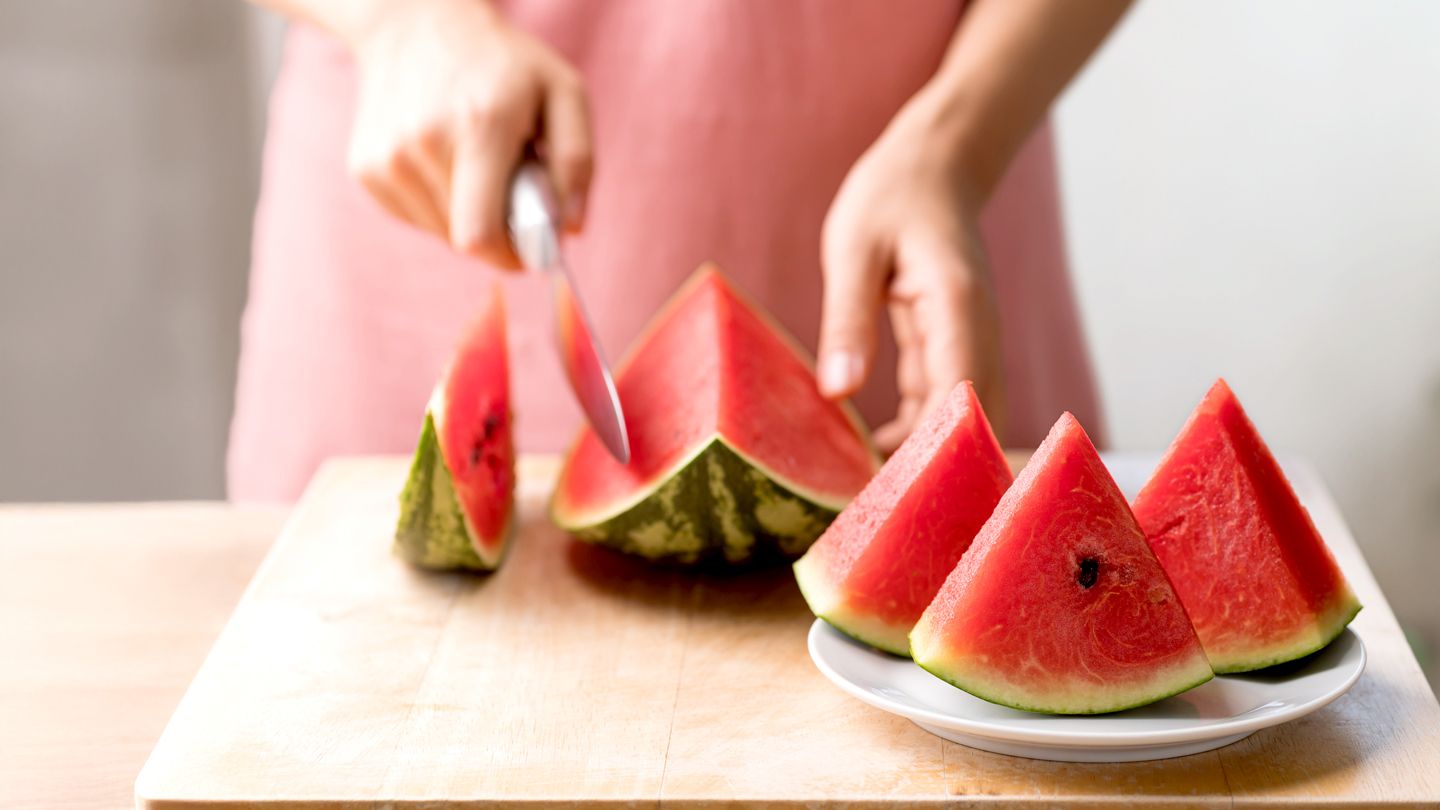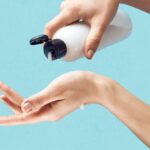Limit Alcohol and Sweets
Try Humectants
“When topical products called humectants are applied to the skin, they can be absorbed and pull in water,” Suozzi explains. Hyaluronic acid, a common skin-care ingredient, is one example of a humectant. Suozzi adds that emollients like creams and ointments help retain moisture by reducing fluid loss in the protective outermost layer of the skin.
Exfoliate Your Skin
It might sound counterintuitive, but the process “gets rid of dead skin and allows skin-care products to penetrate more efficiently,” Jaliman explains. “Many think it can leave your skin too dry, but that’s only when someone exfoliates too often, which can end up irritating your skin.” If your skin is red or irritated after chemical or manual exfoliation, you may need to do it less often or switch to a gentler method. Work with your dermatologist to identify the right type and frequency of exfoliation for your skin.
Add a Serum
After exfoliation, using a good serum will also help with the hydration process. Jaliman suggests trying Neutrogena Rapid Wrinkle Repair Serum, a “great serum” boasting the active ingredients retinol and hyaluronic acid, plus glycerin. “The hyaluronic acid plumps the skin,” she explains. “It’s super hydrating and has anti-aging properties. It’s a natural humectant. Glycerin really moisturizes the skin. This serum is great for mature skin.”
Hydrate Your Air
A humidifier effectively boosts moisture in the air, so “adding a humidifier to your home is also a great idea to add more hydration to the skin,” suggests Jaliman. “As the air becomes drier and cooler, your skin will need more moisture, because the dry air sucks the moisture out of your skin,” she explains. “Anytime you add moisture to dry air it will benefit your skin and, for some, help alleviate other issues such as allergies.”
Optimize Your Shower Routine
Nazanin Saedi, MD, a specialist in laser and aesthetics surgery at Dermatology Associates of Plymouth Meeting in Pennsylvania, suggests avoiding hot showers and washing your face with hot water, as the heat “absorbs the moisture from your skin.” Lukewarm water is ideal for skin.
Finally, when you apply your products can impact skin hydration levels. “Moisturize right after coming out of the shower,” Dr. Saedi suggests. After getting out, lightly pat your skin dry with your towel and apply a thick layer of moisturizer to increase its absorption, she advises.
Read the full article here




